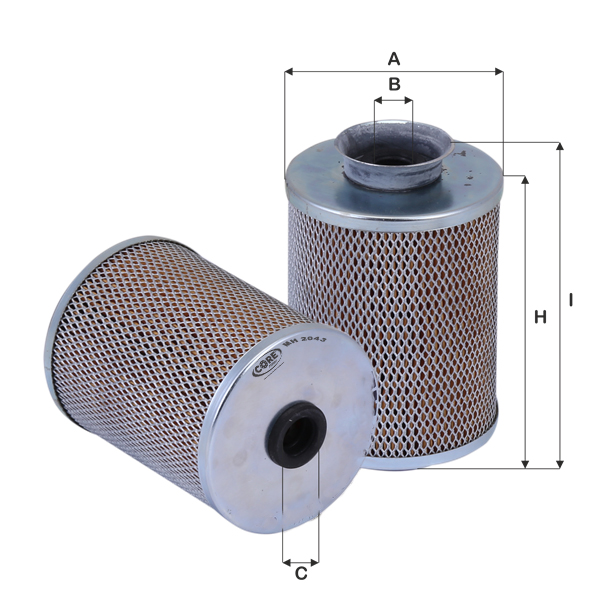In today's complex industrial environments, the effectiveness and performance of filters need to be carefully scrutinized from the design stage onwards. The design of filter elements plays a critical role in this process. Supported by advanced techniques such as mathematical modeling and Computational Fluid Dynamics (CFD) simulations, filter element design ensures filters operate at their best and meet application requirements.
Designing filter elements requires an understanding of complex flow dynamics and particle retention mechanisms. Therefore, mathematical modeling forms the foundation of the design process. Mathematical models define the geometry, material, and operating conditions of filter elements. These models are used to analyze and optimize factors that affect filter performance.
Mathematical modeling utilizes differential equations, constraints, and other mathematical techniques to understand fluid dynamics and particle behavior. This increases the accuracy and efficiency of the design process and reduces unnecessary trial-and-error costs.
CFD simulations play a significant role in determining filter element design. These simulations use computer algorithms to model the movement of fluids and behavior of particles within the filter. CFD simulations are used to predict, improve, and optimize filter performance.
By simulating real-world conditions, CFD simulations provide designers with comprehensive insights. This accelerates the design process and ensures filter elements operate more effectively and efficiently.
The design of filter elements is a critical factor in determining the performance and efficiency of filters. Mathematical modeling and CFD simulations play essential roles in enhancing filter element design. These techniques are used to increase filter performance and reduce operating costs. At Core Filter, we are committed to providing our customers with the best filter solutions using the latest technological advancements.
